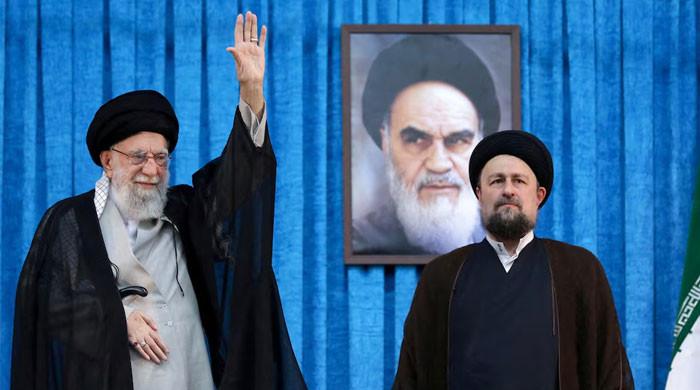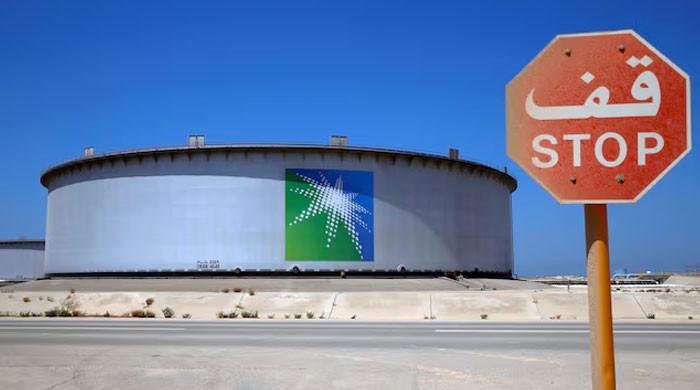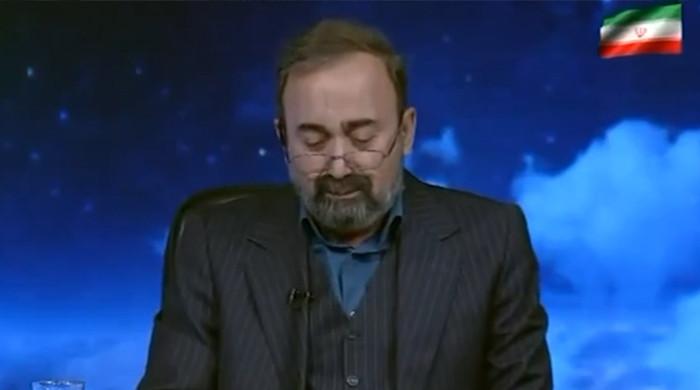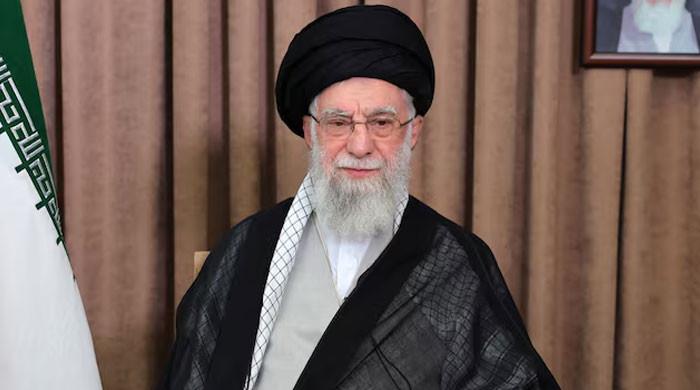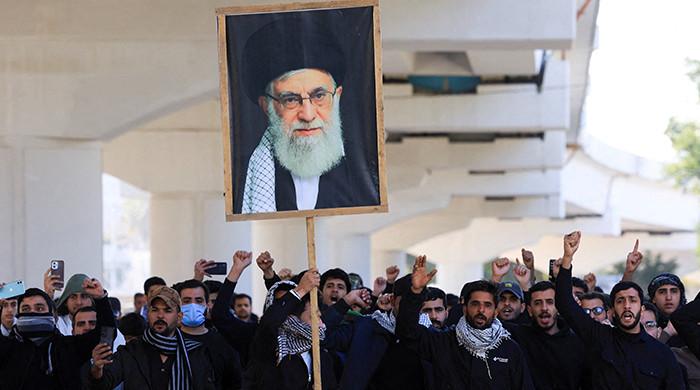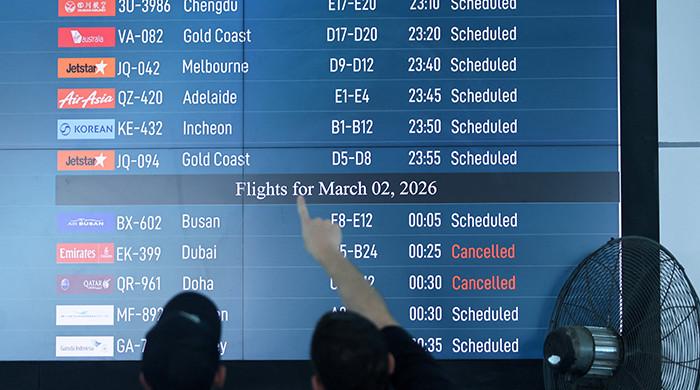Trump cuts China tariffs to 47% after 'amazing' Xi meeting
"I thought it was an amazing meeting," says US president after face-to-face talks with Chinese counterpart
October 30, 2025
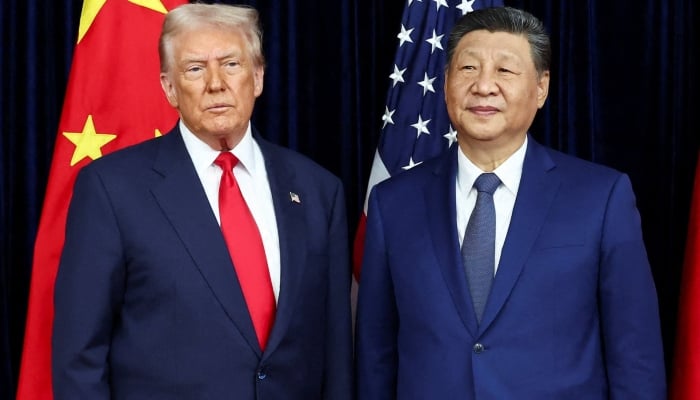
- Trump says tariffs on China cut to 47% from 57%.
- China agreed to keep rare earth exports flowing, Trump says.
- Summit in South Korea lasted nearly two hours.
US President Donald Trump said on Thursday he had agreed to reduce tariffs on China to 47% in exchange for Beijing resuming US soybean purchases, keeping rare earths exports flowing and cracking down on the illicit trade of fentanyl.
His remarks after face-to-face talks with Chinese President Xi Jinping in the South Korean city of Busan, their first since 2019, marked the finale of Trump's whirlwind Asia trip on which he also touted trade breakthroughs with South Korea, Japan and Southeast Asian nations.
"I thought it was an amazing meeting," Trump told reporters aboard Air Force One shortly after he departed Busan, adding that tariffs imposed on Chinese imports would be cut to 47% from 57%.
Trading in global stocks was choppy as Trump revealed details of the deal, with major Asian indexes and European futures swinging between gains and losses. China's Shanghai Composite Index slipped from a 10-year high, while US soybean futures were weaker.
World stock markets from Wall Street to Tokyo had hit record highs leading up to the meeting on hopes of a breakthrough in a trade war between the world's two largest economies that has upended supply chains and rocked global business confidence.
The meeting, which took place on the sidelines of the Asia-Pacific Economic Cooperation (APEC) summit, lasted nearly two hours. Trump shook hands and escorted Xi to his car before the US president was given a red carpet send-off at the airport.
Trump repeatedly talked up the prospect of reaching agreement with Xi since US negotiators on Sunday said they had agreed a framework with China that will avoid 100% US tariffs on Chinese goods and achieve a deferral of China's export curbs on rare earths, a sector it dominates.
As they sat down with their delegations to begin talks, Xi told Trump via a translator that it was normal for the two leading economies of the world to have frictions now and then.
But with both countries increasingly willing to play hardball over areas of economic and geopolitical competition, many questions remain about how long any trade detente may last.
Rare earth export issue 'settled' says Trump
China has agreed to keep rare earth exports flowing to the world as part of a one-year agreement, Trump said shortly after meeting Xi.
The agreement, which Trump provided few details about except that it would probably be extended, would "settle" the issue, he said. China has yet to comment on what was agreed by the two leaders in talks, which ran for almost two hours.
"All of the rare earth has been settled," Trump told reporters on Air Force One. "And that's for the world, worldwide, you could say this was a worldwide situation, not just a US situation."
"There is no roadblock at all on rare earth. That will hopefully disappear from our vocabulary for a little while."
Rare earths, 17 elements which play tiny but vital roles in cars, planes and weapons, have emerged from obscurity to become China's most potent source of leverage in its trade war with the United States.
Export controls introduced in April caused widespread shortages overseas, especially for magnets, forcing some automakers to pause production before exports rebounded following deals between Beijing and Washington and the European Union to free up the flow.
China expanded those controls again in October, taking the total number of elements restricted to 12 and adding much of the equipment used to process them.
The expanded controls are set to come into force in early November and it is unclear whether the agreement discussed by Trump covers the full suite of China's rare earth export controls or just the October extension.
US Trade Representative Jamieson Greer, also on the flight, said China would not be imposing its proposed rare earth controls after an understanding between the presidents. He did not comment on controls that are already in place.




